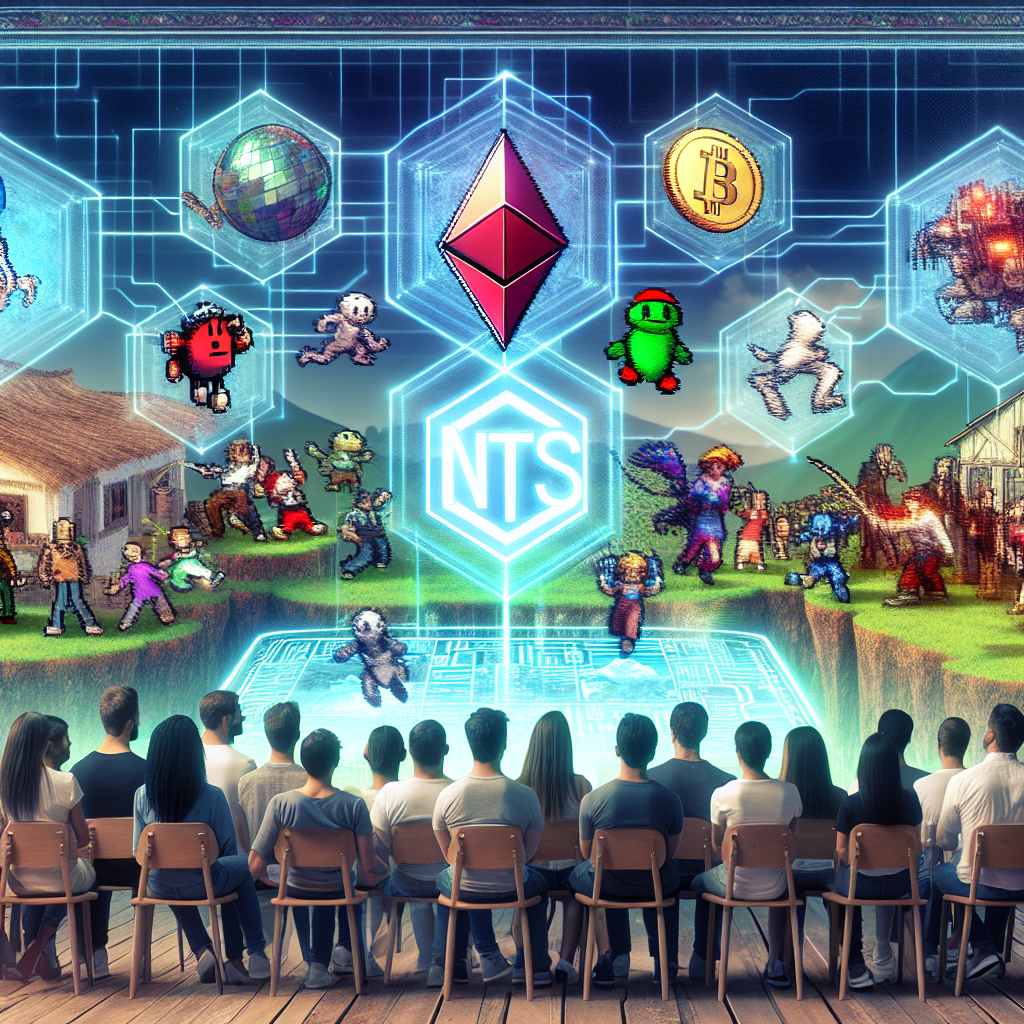NFTs and Ownership: How Digital Assets Change the Landscape of Gaming Communities
The rise of Non-Fungible Tokens (NFTs) has revolutionized various sectors, from art and music to real estate and entertainment. One of the most vibrant and transformative applications of NFTs is found within gaming communities. By creating verifiable ownership of digital assets, NFTs are not only altering the way players interact with their games but are also redefining concepts of community, economy, and governance within the gaming ecosystem.
Understanding NFTs in Gaming
At its core, an NFT is a unique digital token that represents ownership of a specific item on a blockchain. Unlike cryptocurrencies such as Bitcoin or Ethereum, which are fungible and interchangeable, each NFT has distinct attributes, making it irreplaceable. In gaming, this uniqueness is vital, as it allows for the creation of in-game items, skins, characters, and even virtual real estate that players can own, trade, and sell.
Ownership and Control
Traditionally, in-game assets—whether they are rare swords, exclusive skins, or valuable resources—are owned by the game developers. Players rent these assets as part of their gameplay experience, but they have little control over their virtual possessions. This is where NFTs turn the tide. With NFTs, players have true ownership. They can buy, sell, or trade their assets on various marketplaces, often at valuations that reflect their rarity and desirability. This shift from a centralized ownership model to a decentralized one empowers players and fosters a sense of real investment and community.
Building Robust Gaming Communities
-
Interoperability of Assets: One of the critical benefits of NFTs in gaming is their potential for interoperability. Players can use their NFT assets across different games and platforms, which promotes a sense of continuity and shared identity within gaming communities. Imagine a character skin purchased in one game that can be used in another—this cross-game functionality allows gamers to build and showcase their collections, creating a unified gaming culture.
-
Engagement Through Community Governance: Many NFT-based games incorporate decentralized governance models, allowing players to participate in decision-making processes. Token holders can vote on future game developments, economic adjustments, and community events. This level of involvement fosters a stronger community bond, as players feel a sense of agency and responsibility for the games they love.
-
Economic Opportunities and Rewards: The NFT model creates new economic opportunities for players. Gamers can earn substantial income by trading or selling their NFT assets, turning gaming into a viable income source for some. Play-to-earn models, where players earn NFTs through gameplay, are gaining traction, allowing players to monetize their gaming skills and time.
- Access and Exclusivity: Limited edition NFTs can create a sense of exclusivity and prestige within gaming communities. Players can earn or purchase rare items that signify their status or achievements. Exclusive tournaments or community events linked to NFTs can further enhance this culture, drawing players into the social fabric of the game.
Challenges and Considerations
While the promise of NFTs in gaming is exciting, several challenges remain. Issues concerning environmental impact due to energy-intensive blockchain processes, speculative bubbles where asset values can skyrocket and crash, and the risk of scams and counterfeit assets are all concerns that gamers and developers must address. Moreover, providing clear, user-friendly onboarding processes for those unfamiliar with blockchain technology is crucial for broad adoption.
The Future Landscape
As technology continues to evolve, the possibilities for NFTs within gaming communities are immense. We may witness more games adopting blockchain technology, creating entire ecosystems where digital ownership is paramount. Traditional gaming giants are beginning to experiment with NFT integrations, signaling that the industry is taking this trend seriously.
In conclusion, NFTs are not just a passing trend; they represent a profound shift in how we perceive ownership, value, and community within the gaming landscape. As players stand to reap the rewards from their digital assets, the gaming community may be on the brink of a new era defined by player agency, economic opportunity, and interconnectedness. This transformation promises to empower gamers, foster richer communities, and ultimately reshape the gaming industry for years to come.




